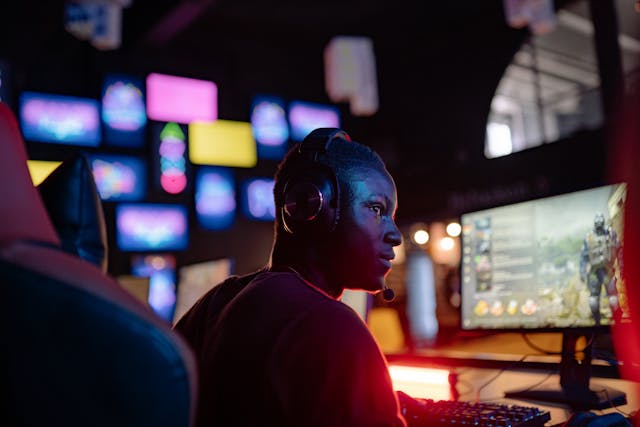Behind the Scenes: Organizing Large-Scale Esports Events
Esports has exploded into a global phenomenon, drawing millions of viewers and offering prize pools rivaling traditional sports. But behind every tournament, league, or championship is a complex web of planning, coordination, and logistics. Organizing large-scale esports events requires careful attention to technology, audience experience, and competitive fairness.

Planning and Logistics
The first step in organizing an esports event is meticulous planning. Organizers must select venues, schedule matches, and coordinate with teams, sponsors, and broadcasters. For international events, this includes travel arrangements, visas, and accommodations. Timing is crucial—events must avoid clashes with other tournaments and cater to global audiences across multiple time zones.
Technology Infrastructure
Esports events rely heavily on technology. High-speed internet, low-latency networks, and backup systems ensure smooth gameplay. Equipment, from gaming PCs and consoles to specialized peripherals, must meet competitive standards. Live streaming platforms require robust servers and encoding setups to handle millions of simultaneous viewers without interruptions.
Player Experience and Fair Play
Competitive integrity is paramount. Organizers provide standardized equipment, monitor for cheating, and ensure fair match conditions. Player comfort is also essential—practice rooms, rest areas, and nutrition services contribute to optimal performance. Many events also include mental health and wellness support, recognizing the pressure of high-stakes competition.
Engaging the Audience
Spectator experience drives the popularity of esports. Event organizers focus on both in-person and online engagement:
- Large stadiums or arenas offer immersive live experiences.
- Interactive live streams, commentary, and analytics keep online viewers engaged.
- Social media campaigns and fan zones enhance community interaction before, during, and after events.
Sponsorships and Monetization
Sponsorship deals, advertising, and merchandise sales are major revenue sources. Event organizers collaborate with brands to create integrated experiences that benefit both the sponsor and the audience. From branded in-game items to exclusive fan content, creative marketing plays a key role in funding and promoting large-scale tournaments.
Challenges in Execution
Despite careful planning, large esports events face challenges:
- Technical failures, including server crashes or equipment malfunctions.
- Scheduling conflicts and travel disruptions for international teams.
- Ensuring consistent rules and standards across different regions and tournaments.

Final Thoughts
Organizing large-scale esports events is a high-stakes endeavor that combines logistics, technology, player management, and audience engagement. Success requires meticulous planning, adaptability, and a deep understanding of both the competitive scene and fan expectations. As esports continues to grow, these events will become even more sophisticated, creating memorable experiences for players and fans alike.












